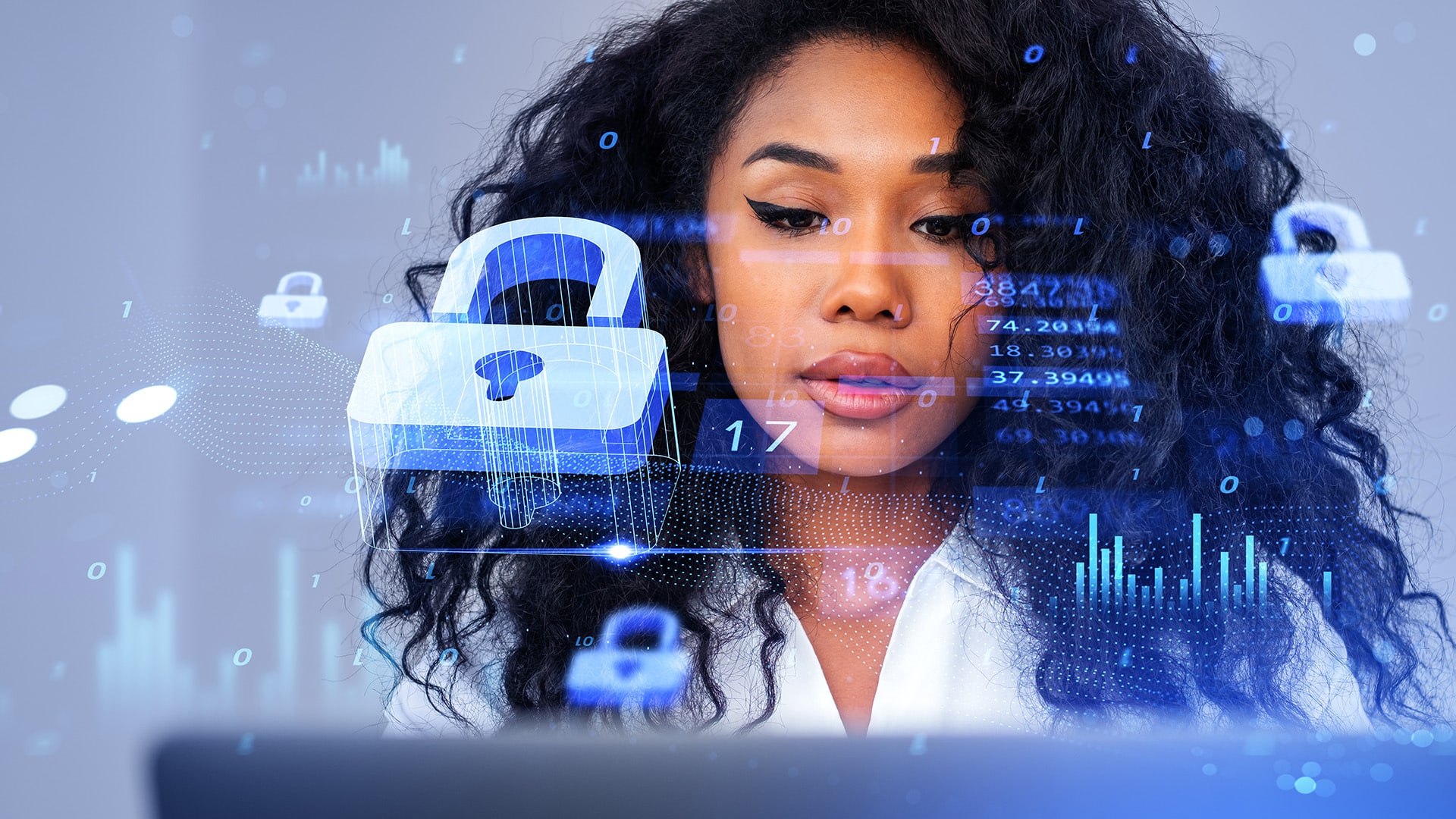
Newsletter Subscribe
Enter your email address below and subscribe to our newsletter

Enter your email address below and subscribe to our newsletter

Whether browsing the internet outside or accessing your office file remotely, you may have always been reminded to use a VPN.
While many net users often think of a VPN as a gimmick and hardly pay any true attention to it, it’s a very important aspect of healthy and safe internet use.
The main reason people often skip turning the VPN on is the lack of internet availability.
Suppose you have seen ads suggesting VPNs keep your hundred percent safe on the internet or make you invisible. So, is that only hype or true?
Through this blog post, we have helped you get rid of many misunderstandings people have about VPNs. Here are some valuable reasons why you should be using a vpn mobile phone.
No, it doesn’t make you invisible online. It’s not any cloak of invisibility that completely makes you disappear in the digital world. But it protects your internet traffic from scammers.
When you use the internet, different websites can still track you using cookies. Sometimes, it can also ask for your personal information, making your cloak of invisibility a little less functional.
Your VPN provider can use your activity if they want to, unless they promise not to keep any logs.
It’s important to check your priority regarding VPNs and the terms and conditions of your VPN provider to stay one hundred percent transparent with what you’re getting.
Here’s how you can think of a VPN: it’s a curtain that hides what’s happening inside a room. However, when someone is looking from the outside, they can still see the actions inside from the silhouettes.
Practically, yes, but that’s not entirely true. Most online users access a VPN to cloak their location and access platforms that are otherwise prohibited in their location.
In addition, a VPN can be used to access copyrighted content published on unauthorized platforms. However, that’s only one of the different use cases of VPNs. VPNs hold far more applicability to the real world, and here’s how they can help you:
VPNs are available everywhere. You’ll go to the Google Play Store or visit the App Store; you’ll find hundreds of free and paid options.
Many people say that the paid VPN and free VPN are the same, and they both give the same result. However, that’s not entirely true.
There’s a difference between free and paid VPNs. Most free versions are problematic. They are slow, and typically, they show ads. Some VPN platforms also sell their users’ data to third-party companies, which is completely illegal.
In short, free VPNs can compromise the very thing they wanted to protect – security and anonymity.
On the other hand, paid VPNs are much safer, faster, and quite reliable. They typically don’t show any ads.
Also, you can select VPN providers that promise not to show your records online or sell them to third parties. If you prioritize privacy over using a VPN, it’s best that you pay for one.
VPNs are excellent for ensuring privacy, yet they don’t safeguard you from all threats.
A VPN works similarly to a lock on the entrance of your home. It’s helpful. But you must be cautious about who you’re inviting in.
If you thought VPNs were only for computers, you’re gravely mistaken. This is a tool that works on both computers, and you’re gravely mistaken.
These tools work on different devices, and not just computers. You can use a VPN for your mobile phone app to protect your smartphone. These tools also work on tablets, smartphones, TVs, and some gaming consoles as well.
With so much news of data leakage, it’s important to use a VPN on your smartphone as well. You can use a VPN on your smartphone and access public Wi-Fi when necessary.
It’s important to remember that a VPN does slow your phone down, but if you thought that it would slow your network entirely, that’s a myth as well. In many cases, a VPN often improves internet speed.
In short, a VPN is your one-click gateway to the internet connection made safe and secure through a necessary location mask. However, first, it’s important to understand the myths that often compromise your security and move ahead of them.